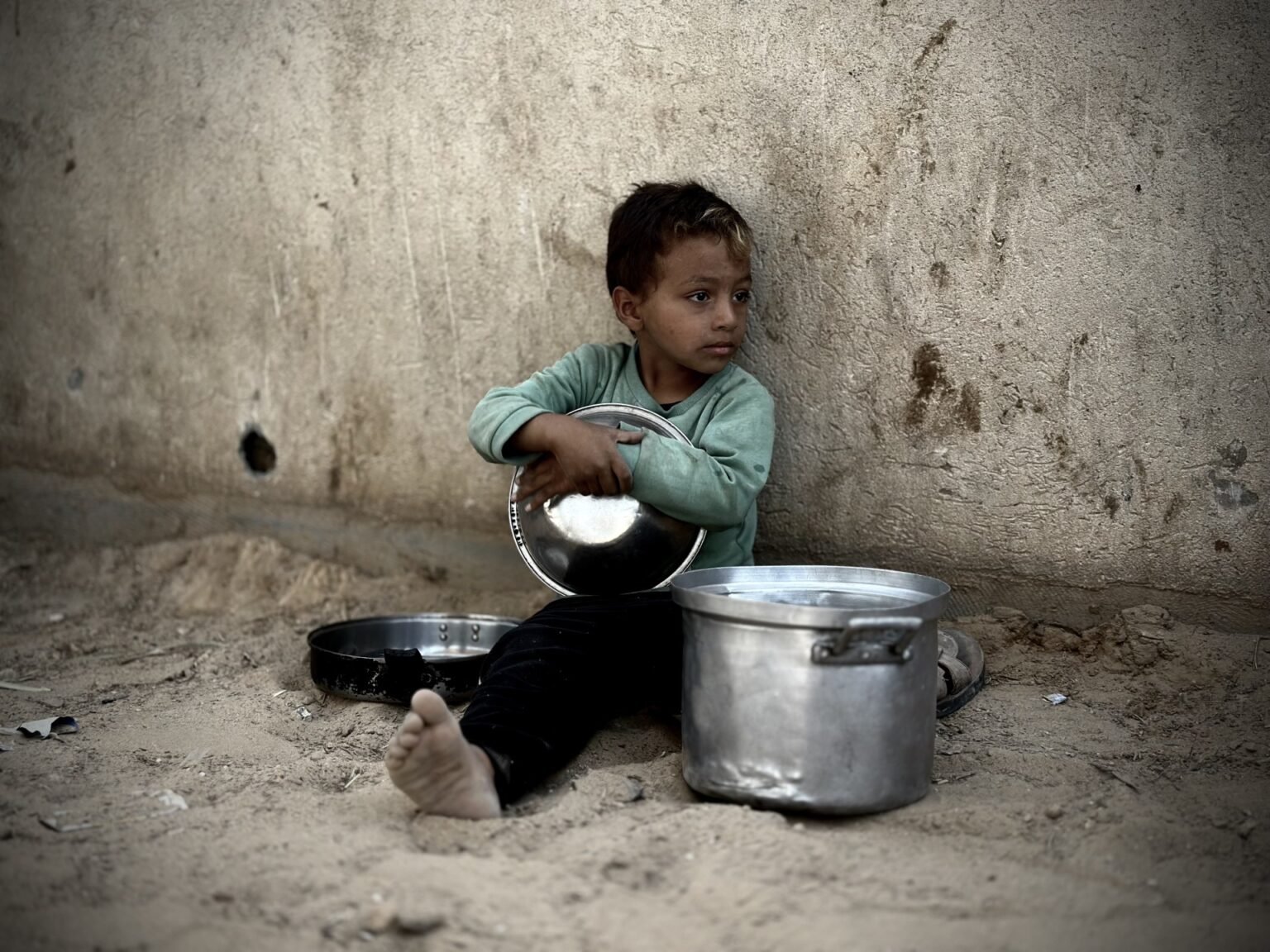The United Nations Food and Agriculture Organization and World Food Programme have identified several countries and territories at high risk of deadly hunger levels in the coming months. These include the Palestinian territory, Sudan and South Sudan, Mali, and Haiti. The report highlights the increasing severity of acute food insecurity across 22 locations due to a combination of conflict, climate change, and economic stressors. The regional fallout from the conflict in Gaza, as well as ongoing conflicts in Lebanon and Mali, are exacerbating food insecurity. The La Nina weather pattern is also a concern, threatening vulnerable regions with fragile food systems.
The report emphasizes the urgent need for humanitarian efforts and international action to address severe access constraints and advocate for the de-escalation of conflict in order to prevent further starvation and loss of life in the identified locations. Nigeria, Chad, Yemen, Mozambique, Myanmar, Syria, and Lebanon are also of very high concern, with conflict being a key driver of hunger in these countries. The report acknowledges that the identified countries are not an exhaustive list, with many others experiencing high levels of acute food insecurity. The agencies also highlight the decline in funding for humanitarian assistance, with many appeals facing significant shortfalls, including countries such as Ethiopia, Yemen, Syria, and Myanmar.
In Gaza, a surge in hostilities has raised fears of a potential famine, with a significant portion of the population facing emergency and catastrophic levels of hunger. The displacement of 1.9 million people in mid-October further exacerbates the situation. In Sudan, hundreds of thousands of people displaced by conflict are at risk of famine in the Zamzam camp in North Darfur. In South Sudan, the number of people facing starvation and death has nearly doubled compared to the previous year, with expectations of worsening conditions during the lean season between harvests. Severe flooding has affected over a million people in South Sudan, adding to the challenges faced in this volatile and economically stagnant country.
The ongoing unrest in Haiti, due to gang violence, economic crisis, and hurricane activity, is likely to worsen critical levels of hunger in the impoverished Caribbean nation. In Mali, escalating conflict and blockades by armed groups are impeding humanitarian aid, exacerbating an already critical situation. Conflict not only destroys livestock and crops but also forces people to flee their homes, disrupting livelihoods, income, market access, and food production and consumption. The report also warns of the potential exacerbation of hunger conditions in regions of high concern due to extreme weather events caused by La Nina, which can trigger heavy downpours, droughts, and heatwaves. International action and increased funding for humanitarian assistance are urgently needed to address the growing food insecurity crisis in these vulnerable regions.











